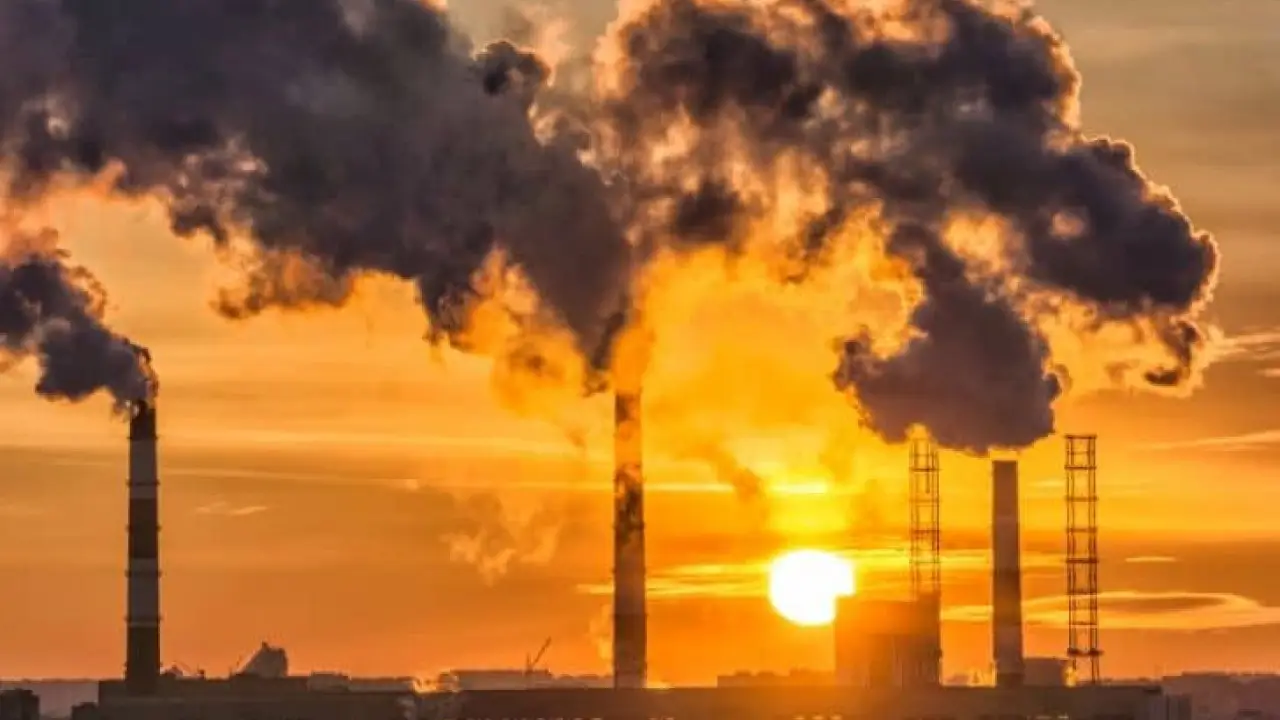
Air Pollution (Social Media)
Lifestyle News:A recent report reveals that air pollution is significantly increasing cancer risks across Asian countries, with cities facing alarming levels of toxic emissions. Harmful pollutants like particulate matter and chemicals have been linked to higher cancer rates, especially lung cancer. While some efforts have been made to curb pollution, the strategies remain insufficient and poorly enforced. As a result, millions continue to face serious health threats, with vulnerable populations bearing the brunt of this growing environmental crisis.
Air pollution is no longer just a matter of poor air quality but a growing health crisis in Asia. A recent report has revealed a disturbing rise in cancer rates in several Asian countries due to elevated pollution levels. Toxic pollutants like benzene, formaldehyde, and particulate matter (PM2.5) are found in the air, which have been linked to the development of cancer. These pollutants are especially dangerous in rapidly industrialising nations, where air quality continues to degrade.
Studies show that air pollution, particularly the harmful particles suspended in the air, increases the risk of developing cancer, especially lung cancer. Long-term exposure to pollutants such as PM2.5 has been shown to damage cells and DNA, leading to the uncontrolled growth of abnormal cells. Prolonged exposure to such toxic substances can result in various types of cancers, with lung cancer being the most prevalent. This has become a major health concern in polluted cities across Asia.
Countries like China, India, Pakistan, and Bangladesh are witnessing a sharp increase in cancer cases, attributed to high pollution levels. These countries have some of the worst air quality in the world, where millions of people are exposed to harmful pollutants daily. The report pointed out that the number of cancer cases, particularly lung cancer, has significantly risen in these countries due to poor air quality. As the population continues to grow, so does the threat to public health.
While various Asian nations have implemented measures to control air pollution, the efforts remain weak and largely ineffective. Many countries lack stringent environmental regulations, and even where policies exist, enforcement is often insufficient. Industries continue to pollute unchecked, and vehicle emissions are not adequately controlled. Furthermore, the reliance on coal-based energy and unregulated industrial activities continues to worsen the situation. As a result, the region faces a rising public health crisis that is not being adequately addressed.
To combat the growing risk of cancer, Asian countries need to take urgent steps to reduce pollution levels. Initiatives to promote clean energy, stricter vehicle emission standards, and the development of sustainable public transportation systems must be prioritised. Additionally, public awareness campaigns are needed to educate people about the health risks associated with air pollution. Governments should also provide guidelines for healthier living and ensure that urban areas implement green spaces and air filtration systems.
Given the increasing cancer risk due to air pollution, it is critical for healthcare systems in Asia to be strengthened. There must be improved early detection and treatment facilities for cancer patients. Health services should focus on providing more resources to diagnose and treat pollution-related cancers. Public health policies should prioritise cancer prevention and ensure that people have access to medical treatments that can help mitigate the effects of pollution on their health.
Air pollution is a global problem that requires international cooperation. Asian countries need to work together to develop better pollution control measures and share effective practices for improving air quality. Global organisations must push for stronger environmental regulations and hold countries accountable for meeting air quality standards. By collaborating with international bodies, Asian nations can create a more unified approach to addressing air pollution, ensuring the health and safety of future generations.





Copyright © 2026 Top Indian News
